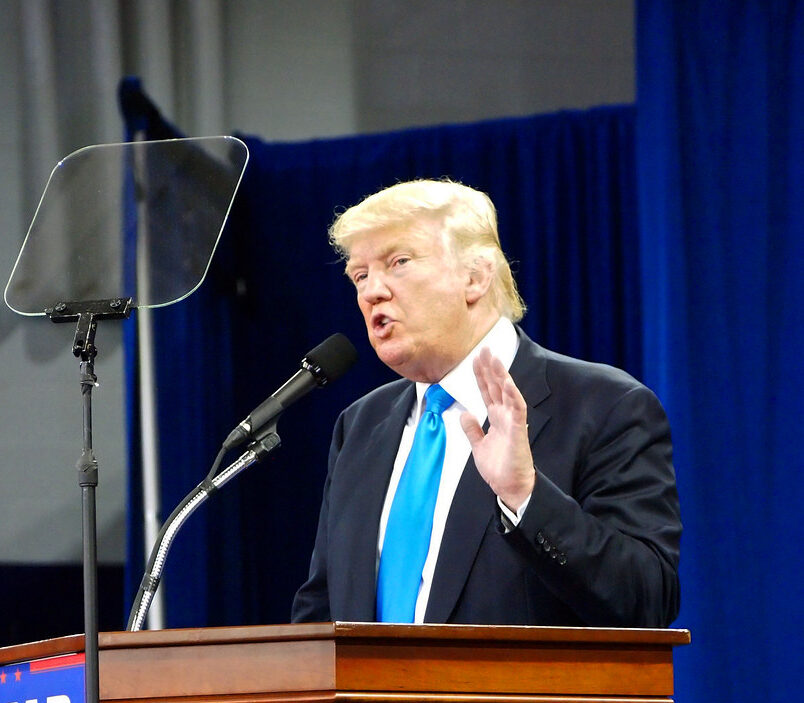Key takeaways:
- The University of Virginia made a deal with the Trump administration to pause civil rights investigations.
- Critics on social media called the agreement a “shakedown” and an act of cowardice.
- Many users urged students to avoid or boycott the University of Virginia.
- The deal raises concerns about academic freedom and the protection of student rights.
What Happened in the UVA Deal?
On Wednesday, the University of Virginia agreed to halt federal probes into possible civil rights violations on campus. In return, the Trump administration dropped its threat of a formal Department of Education investigation for now. University leaders described the arrangement as a way to avoid a lengthy legal fight. However, critics saw it as an unnecessary surrender. They claimed the University gave in to political pressure instead of defending its students.
The dispute began when federal officials signaled they would investigate U.Va. for bias or discrimination in its disciplinary process. They focused on cases where students said the University failed to protect their civil rights. Facing a looming inquiry, the university’s Board of Visitors entered talks with the administration. Those talks led to the UVA deal, which pauses any new investigation. Despite that pause, federal officials said they could resume their work at any time.
University spokespeople stressed the deal lets both sides gather more information. They argued it protects students from an abrupt federal probe. Yet many observers worry it sets a bad precedent. They fear other schools might cave when they face pressure. As a result, the UVA deal has become a flashpoint in the debate over college freedom and federal oversight.
Why the UVA Deal Matters
First, this agreement touches on academic freedom. Colleges must balance fair treatment of students with free speech. When a government agency steps in, schools often feel forced to choose sides. Consequently, some fear that universities may focus more on politics than on their core mission of education.
Second, the UVA deal raises questions about student rights. Students expect their schools to defend them in legal fights. In this case, critics argue that U.Va. did not stand up for its students. Instead, they say the school put its reputation above its community.
Moreover, the deal may influence how other institutions handle similar threats. If one school backs down, others might follow, even without a clear case against them. Meanwhile, universities facing real allegations could struggle to demand fair investigations.
Finally, the UVA deal shines a light on the rising tension between federal power and campus autonomy. Some free speech advocates worry that any threat of investigation will lead schools to silence certain viewpoints. In turn, this could chill debate and weaken student activism.
Social Media Explodes
Almost immediately, academics and journalists took to social networks to voice anger. For example, a college professor called it “another shakedown by these fascist goons.” A former radio reporter labeled the move “cowardly.” Meanwhile, others linked the agreement to a wider slide toward authoritarian tactics.
Many users urged prospective students to avoid the University of Virginia. One post read, “Do not attend the University of Virginia. Any university that bends the knee doesn’t deserve your attendance.” Another warned, “Avoid the University of Virginia at all costs.” Clearly, the UVA deal has sparked a wave of calls for boycotts.
Further comments claimed the University had sold out its principles. They argued that any community leader should resist threats, not yield to them. In addition, some posts noted how rare it is for a top public institution to surrender so quickly to political pressure.
On several threads, legal experts also weighed in. They debated whether the federal government had the right to probe campus cases at all. Some said the administration overstepped its authority. Others stressed that colleges must follow federal civil rights laws. Thus, the UVA deal sits at the heart of a complex legal fight.
Possible Next Steps
University leaders now face a tough choice. They can use the pause to improve their policies and rebuild trust. Or they can risk a resumed inquiry if talks collapse. Meanwhile, students and alumni continue to demand clear answers.
If the federal investigation returns, the university could face fines or other sanctions. As a result, it might have to change its disciplinary rules. It could also require staff training on civil rights. Yet if the administration drops its case permanently, the school could escape any formal penalties.
Still, many believe the deal does not solve the underlying problems. They want a full review of how the university handles complaints. In turn, this could lead to more transparency and better processes for everyone.
Looking ahead, state lawmakers might get involved. Some could propose rules to limit federal power over public universities. Others might push for new state-level oversight. In any scenario, the UVA deal will likely shape debates on campus rights and federal reach for years to come.
FAQs
How did this deal start?
Federal officials signaled they would launch a probe into alleged civil rights breaches at the university. Leaders then negotiated a temporary halt to avoid a formal investigation.
What happens next for students?
The pause gives students time to share feedback. It also allows the university to review its policies before any federal inquiry resumes.
Could other universities face similar deals?
Yes. If the Trump administration or future administrations use threats often, other schools may cut deals rather than fight.
How can students protect their rights?
Students can join campus groups, demand transparency, and call on leaders to resist undue political pressure.
